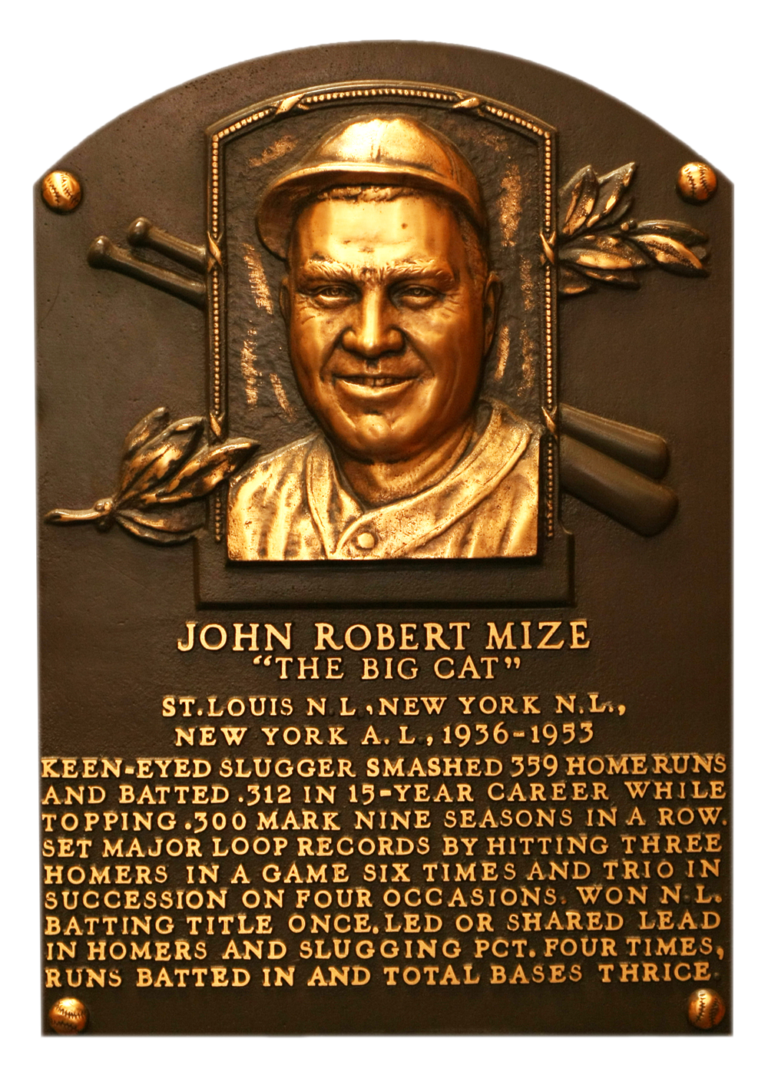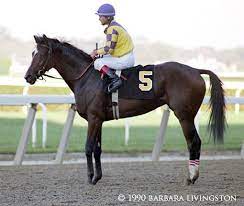“The Plantagenets” Book Review
Book Review: “The Plantagenets” by Dan Jones. *The Plantagenets: The Warrior Kings and Queens Who Made England by Dan Jones is a sweeping narrative that delves into one of the most tumultuous and transformative dynasties in English history. Spanning 635 pages, this book transports readers through three centuries of British rule, intrigue, warfare, and political…




